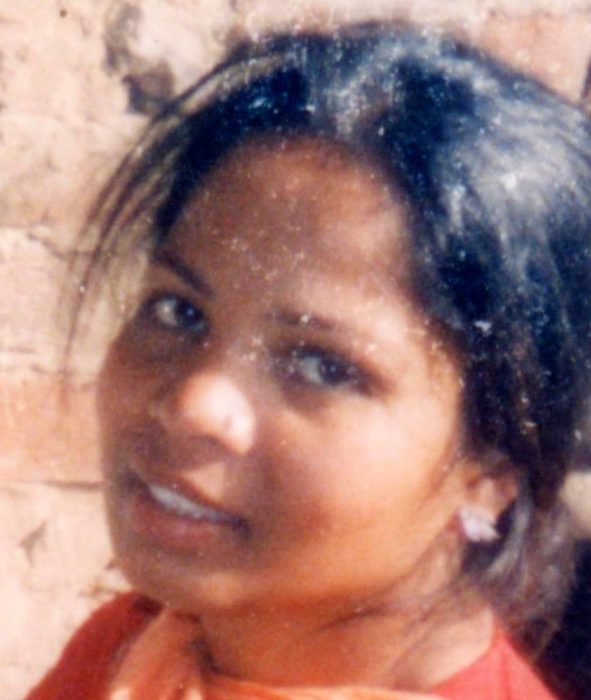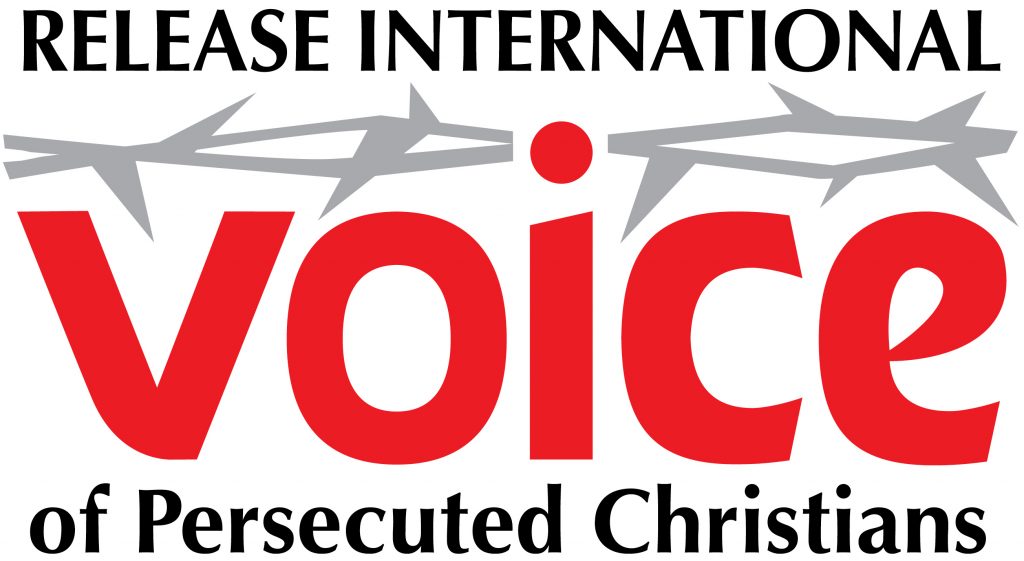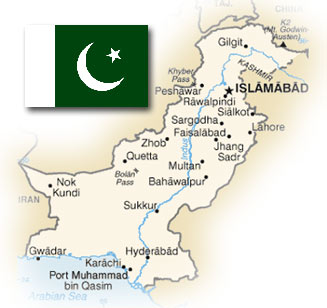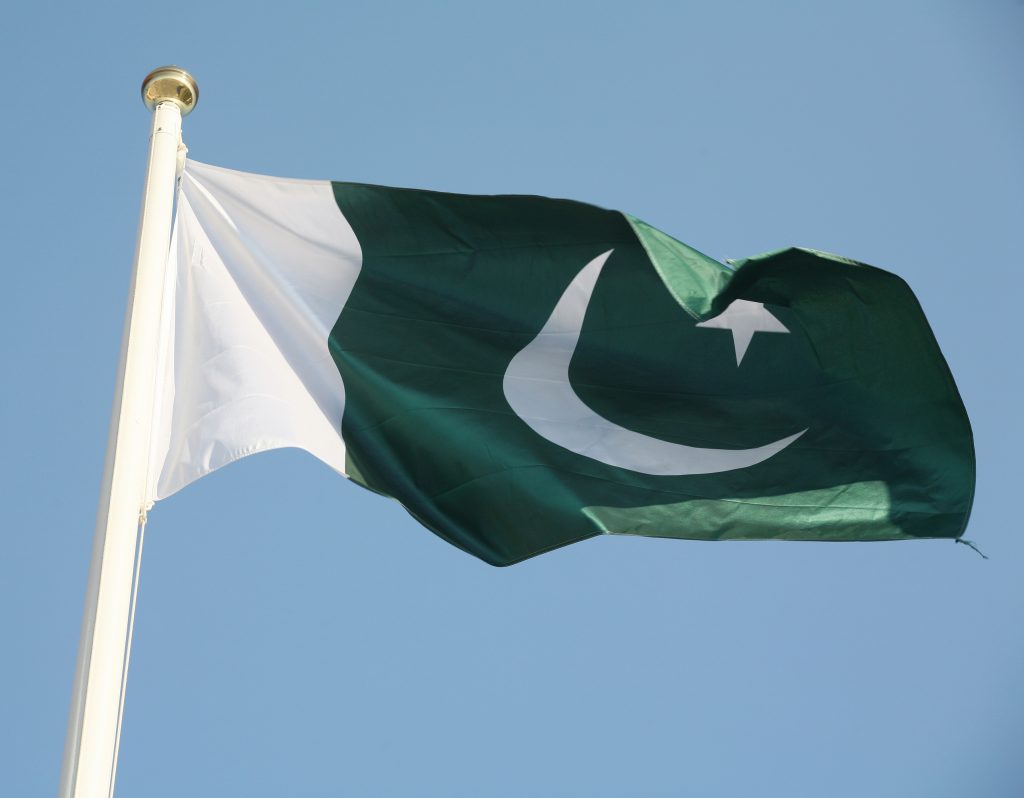FREE AT LAST – ASIA BIBI TELLS HER STORY
19 Nov 2020

A new book about Asia Bibi, who was sentenced to death for blasphemy in Pakistan before finally being set free by the Supreme Court, is available here in the Release online bookshop.
Free at Last is a short sequel to the original brief volume Blasphemy. It’s written by French journalist Anne-Isabelle Tollet, in the style of a first-person account by Asia Bibi.
This is an important book, because it details the trials and tribulations of this faithful Christian woman who became an international cause célèbre and a figure of hate for extremists in Pakistan. But there are also some important omissions, writes Andrew Boyd…
‘Haram’
Asia Bibi’s life changed dramatically on June 14, 2009. She was picking berries in the fields, a single Christian among Muslims, an outsider, and a resented one, at that. Tensions reached breaking point when Asia brought some water for the others to drink.
‘Don’t drink that – it’s been soiled,’ warned a woman by the name of Mafia. ‘The Christian woman has laid her impure lips upon it. Because of her, the water is haram [forbidden]. We can no longer drink it.’
But this refusal of an act of kindness was only the beginning. Mafia took her complaint to the wife of the village mullah. Cries of blasphemy went out over the mosque loudspeakers. And villagers gathered round Asia’s house, screaming at her to convert.
Five days after the ‘offence’ Asia’s accusers had her arrested.
The policeman who led her away came up with a simple solution to everyone’s problems: ‘Accept Islam and you will go free,’ he told Asia. ‘Marry another and you will be free. Leave your family and you will be free.’
Such was the pressure on Asia Bibi. Such is the pressure on many Christians in Pakistan who face growing extremism and intolerance.
The mob vented their anger on Asia’s two young daughters. They beat them and forced them to drink urine.
Death threats

Due to death threats, those daughters were able to visit Asia in prison only three times over nine long years.
Even awaiting the gallows, Asia was at risk. Fellow prisoners yelled for her death. Guards inflicted brutal beatings. An imam put a price on her head – 50,000 rupees to anyone who would assassinate Asia ahead of the hangman.
‘A Taliban commando tried to kill me inside the prison itself,’ writes Asia. ‘The authorities found detonators, grenades, and explosive belts – along with highly detailed plans of the prison, on which my cell was marked with a red circle.’
The spiral of violence extended to two prominent Pakistan politicians who stood up for Asia. They called for a debate on the legitimacy of the country’s blasphemy laws. Both were murdered.
Even to question the blasphemy laws, it seemed, was an act of blasphemy in the eyes of the extremists.
Human cost
Asia’s book examines the human cost of what it is to be accused of blasphemy, to lose your liberty, to be torn from your family, to be abused by guards, and to be thrown into solitary confinement awaiting death, while your loved ones have to flee for their lives.
The sheer humanity of Asia’s story alone makes this book compelling reading.
‘I rotted in prison for more than nine years,’ she writes. ‘Nine years of torture and humiliation.’
And yet, even after all she had to endure, this humble Christian woman can declare: ‘I do not hate those who made me suffer all these years. I forgive everyone and pray for those who hurt me.’
Asia’s faith spills out from the pages of this book. Even after her acquittal, when she should have been free to leave but remained trapped in the country, she prayed a prayer worthy of a Psalmist:
‘I am broken, crushed, completely exhausted. My heart roars. Lord, all of my desires are laid out before you; my strength is failing, even the light of my eyes is fading. Those who want my death hound me. My God, never abandon me. Do not stray far from me. Come quickly to my aid.’
‘Global symbol?’
Along with this unshakeable faith comes a sense of wonder at having found herself caught up in international affairs: ‘I am illiterate. How could I, a peasant at the age of 54, imagine that I would become the global symbol of the fight against religious extremism?’
That long struggle for freedom continues.
The moment Asia was led from her cell on death row, another Christian woman accused of blasphemy took her place.
After her own nine-year ordeal, Asia Bibi is in a place of relative safety in Canada. But even now it would be too dangerous to reveal her precise location. Soon after arriving in Canada, Asia was warned that an Islamist militant was in the country determined to kill her.
She writes: ‘I am still haunted by prison. Pakistan is my homeland, but I am in exile forever.’
WHAT THIS BOOK DOESN’T TELL YOU
 Release International petitioned Pakistan to release Asia Bibi
Release International petitioned Pakistan to release Asia BibiSo, yes, Free at Last is important for the injustice it exposes and the humanity it reveals.
But it makes one glaring omission. Asia’s co-author appears to be either unaware of or dismissive of the tireless work of others to support Asia Bibi’s family and to press for her release.
Many organisations, including Release International, worked long and hard to support Asia and to petition the British and Pakistan government to set her free and repeal the blasphemy laws.
Yet it seems not all who rallied to Asia’s aid did so in honesty and integrity. The book accuses an unnamed NGO of raising funds for Asia and keeping them for itself. And it goes so far as to accuse one individual of actually stealing donations.
The French author also blames unnamed NGOs for alerting Islamists by publishing the date of the court case in the media. Thus forewarned, these militants were able to pressurise local judges to convict Asia.
Integrity
Release International is not the target of this criticism, and we would equally condemn any abuse of funds, or naivety and insensitivity over reporting. Safety and financial integrity are paramount.
However, the book does acknowledge that publicity played an important role in securing Asia Bibi’s release. The mobilization of international opinion made it impossible for the Pakistan authorities to simply let Asia wither away and die unnoticed in jail.
Asia says her co-author ‘made sure the newspapers talked about me regularly’. But what the book fails to acknowledge is the role played by the many others who spoke up for Asia, such as Release.
With the support of Release International’s friends, including Bishop Michael Nazir-Ali, Release International’s partners worked to help Asia Bibi’s husband Ashiq in Pakistan. And we are continuing to support other Christians who are victims of the blasphemy law.
HOPE FOR CHANGE?

So after all Asia Bibi has endured, what hope is there for change in Pakistan, where the threats of militants and a culture of suspicion towards the West still bolster the blasphemy laws?
To look forward, we must first look back.
Free at Last reminds us that the timetable of the Asia Bibi case reaches back to 1860, when those troublesome blasphemy laws were introduced into Pakistan by its British colonial overlords.
In 1986 those laws were ratcheted up by General Zia-ul-Haq in an attempt to tighten the grip of Islam on the nation. Over the years, extremism has been steadily gaining ground.
Politician Salman Taseer attempted to halt that. The respected Punjab governor stood up for Asia and pressed for the repeal of the blasphemy laws. He was gunned down in the street by his own bodyguard, who shot him more than 20 times with an AK-47.
‘Hero’
For slaughtering the man he was ordered to protect, Mumtaz Qadri was hailed as a hero and showered with rose petals. And when he was hanged for murder, crowds turned out to honour him as a martyr.
Next, the extremists set about punishing Taseer’s family. They kidnapped his son, Shahbaz, tortured him, sewed his mouth shut and buried him alive for days at a time.
Militants also murdered the minorities’ minister Shahbaz Bhatti, who spoke up for Asia.
Bhatti, the only Christian in the cabinet, was assassinated after reminding his country how far it had fallen from the ideals of its founder, Ali Jinnah. It was Jinnah who declared: ‘You are free to visit your mosques, your temples and any other place of worship in the state of Pakistan. You can belong to any religion, caste, or faith. It is none of the state’s business.’
Bullets
Yet mosque loudspeakers demanded Bhatti’s murder, and two months after calling for Aisa Bibi to be pardoned, he, too, was dead, his car sprayed with bullets on his way to work.
In a video to be released in the event of his death, Bhatti, a Roman Catholic, said: ‘I believe in Jesus Christ who has given his own life for us, and I am ready to die for a cause. I’m living for my community… and I will die to defend their rights.’
Two others who put their lives on the line, Asia Bibi’s lawyer and her French co-author, were also driven out of Pakistan by death threats.
Given that context, it was a minor miracle that the judges of the Supreme Court took courage and finally moved to acquit Asia.
Justice demanded no less.
The court ruled the accusation against Asia Bibi had been brought maliciously. The five-day gap between the incident and the complaint was indicative of a conspiracy. There were contradictions in the statement made against Asia. No other women had appeared in court to support the claim that she had spoken blasphemously, and there were numerous inconsistencies in the evidence.
Historic ruling
In its historic ruling the Supreme Court also pointed out that 62 people had been murdered for blasphemy since 1990 ‘even before their trial could be conducted in accordance with the law.’
Almost immediately, protesters accused the judges of blasphemy and called for their deaths. And they demanded once again that Asia be hanged, even though her innocence had been upheld by the highest court in the land.
Hordes of demonstrators brought cities in Pakistan to a standstill, blocking trunk roads, forcing businesses and schools to close and cutting off the phone networks in major cities.
And the mob called on outraged Islamists across the country to arise and overthrow the government.
To prevent blood on the streets, Prime Minister Imran Khan agreed to a judicial review and banned Asia from leaving Pakistan.
For the next six months the Christian was neither free nor out of danger until the court confirmed its verdict. It did so, decisively. The Chief Justice dismissed the petition. He said he ‘could not point to a single mistake in the Supreme Court’s verdict.’
So what hope is there for change in Pakistan?
AND NOW?

Today, according to partners of Release International, some 80 Christians remain behind bars, charged with the offence of blasphemy. Of those, around half are on death row, just like Asia.
Even though the state has yet to hang a single offender for blasphemy, their lives are effectively over, and the lives of their families at risk.
According to Humanist International there are scores of new cases each year. They logged a total of 1,170 blasphemy cases between 1987 and 2012.
Amnesty International has also been keeping count: ‘A total of 633 Muslims, 494 Ahmadis, 187 Christians and 21 Hindus have been accused under various provisions on offences related to religion since 1987.’
Christians
‘Given that Christians make up just 2 per cent of the population, the numbers charged are disproportionate,’ says Release International CEO Paul Robinson. ‘Christians are 10 times more likely to be accused of religious offences in Pakistan.’
But even being a Muslim is no protection. The blasphemy law is frequently used to take down rivals. If the courts do acquit, there are often vigilantes willing to take the law into their own hands.
Release International partner Waseem Khokhar says: ‘We see many cases like this in Pakistan. Not only Christians, but people who are falsely accused of blasphemy as a way of destroying their lives.’
There is one bright spot to emerge from all of this. As a result of the Asia Bibi case, in March 2018, a special commission of the Pakistan Senate moved to punish accusations of blasphemy that are false or fabricated.
Febrile
It’s a start. Whether that measure is capable of being enforced in the febrile atmosphere of Pakistan remains to be seen.
As Asia Bibi concludes in Free at Last: ‘Sadly, despite my release, the climate does not seem to have changed (in Pakistan), and Christians can expect all sorts of reprisals.’
Pakistan’s blasphemy laws have been rightly called notorious. Release International continues to call for their repeal.
Asia Bibi’s book Free at Last (with Anne-Isabelle Tollet) is published by BroadStreet Publishing Group LLC, and is available here on the Release International website. Release Int.

.jpeg)